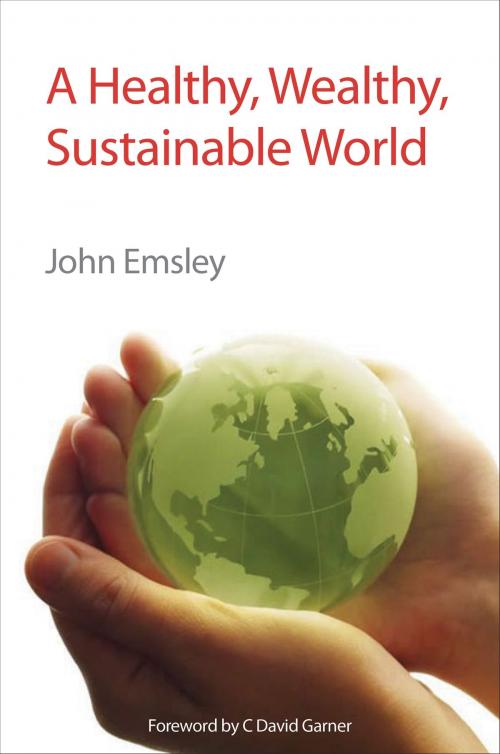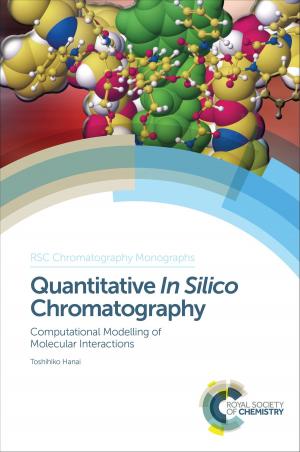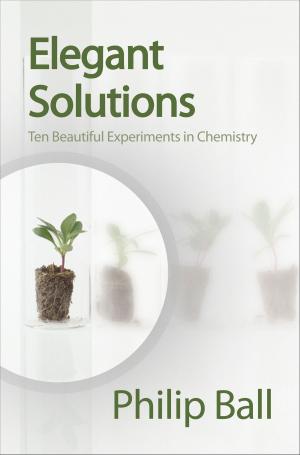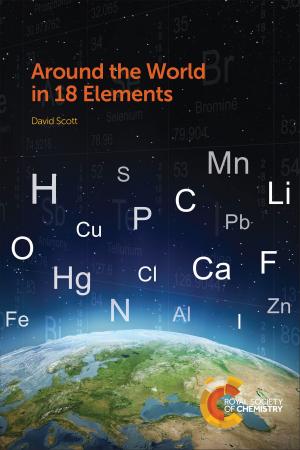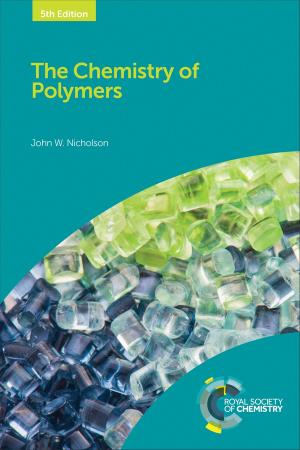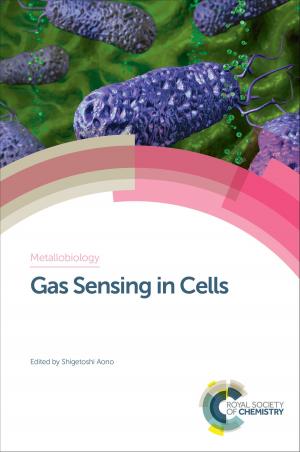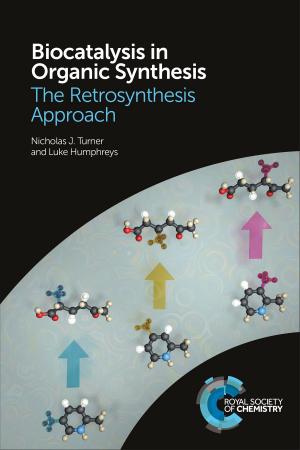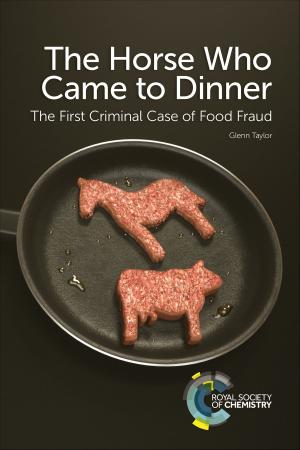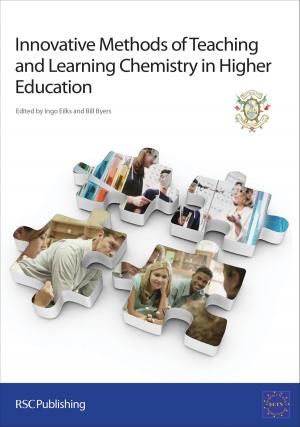A Healthy, Wealthy, Sustainable World
Nonfiction, Science & Nature, Science, Other Sciences, Philosophy & Social Aspects| Author: | John Emsley | ISBN: | 9781782625896 |
| Publisher: | Royal Society of Chemistry | Publication: | November 9, 2015 |
| Imprint: | Royal Society of Chemistry | Language: | English |
| Author: | John Emsley |
| ISBN: | 9781782625896 |
| Publisher: | Royal Society of Chemistry |
| Publication: | November 9, 2015 |
| Imprint: | Royal Society of Chemistry |
| Language: | English |
This book explains to the general reader the roles of chemistry in various areas of life ranging from the entirely personal to the worryingly global. These roles are currently not widely appreciated and certainly not well understood. The book is aimed at educated laypeople who want to know more about the world around them but have little chemical knowledge. The themes relate to the importance of chemistry in everyday life, the benefits they currently bring, and how their use can continue on a sustainable basis. Topics include: Health - conquering the diseases and stresses which still threaten us. Food - the role of agrochemicals and food chemists. Water - drinking water; the seas as a resource of raw materials. Fuels - what are they and from what are they made? Plastics - what are the used for and can they be sustainable? Cities - what role has chemistry in modern life? Sport - chemistry has changed the game. The world stands at a crossroads. What route to the future should we take? The road to a sustainable city beckons, but what effect will this have on chemistry, which appears so dependent on fossil resources? Its products are part of everyday living, and without them we could regress to the world of earlier generations when lives were blighted by disease, famines, dirt, and pain. In fact the industries based on chemistry the chemical, agrochemical, and pharmaceutical industries could be sustainable and not only benefit those in the developed world but could be shared by everyone on this planet and for generations to come. This book shows how it might be achieved.
This book explains to the general reader the roles of chemistry in various areas of life ranging from the entirely personal to the worryingly global. These roles are currently not widely appreciated and certainly not well understood. The book is aimed at educated laypeople who want to know more about the world around them but have little chemical knowledge. The themes relate to the importance of chemistry in everyday life, the benefits they currently bring, and how their use can continue on a sustainable basis. Topics include: Health - conquering the diseases and stresses which still threaten us. Food - the role of agrochemicals and food chemists. Water - drinking water; the seas as a resource of raw materials. Fuels - what are they and from what are they made? Plastics - what are the used for and can they be sustainable? Cities - what role has chemistry in modern life? Sport - chemistry has changed the game. The world stands at a crossroads. What route to the future should we take? The road to a sustainable city beckons, but what effect will this have on chemistry, which appears so dependent on fossil resources? Its products are part of everyday living, and without them we could regress to the world of earlier generations when lives were blighted by disease, famines, dirt, and pain. In fact the industries based on chemistry the chemical, agrochemical, and pharmaceutical industries could be sustainable and not only benefit those in the developed world but could be shared by everyone on this planet and for generations to come. This book shows how it might be achieved.
